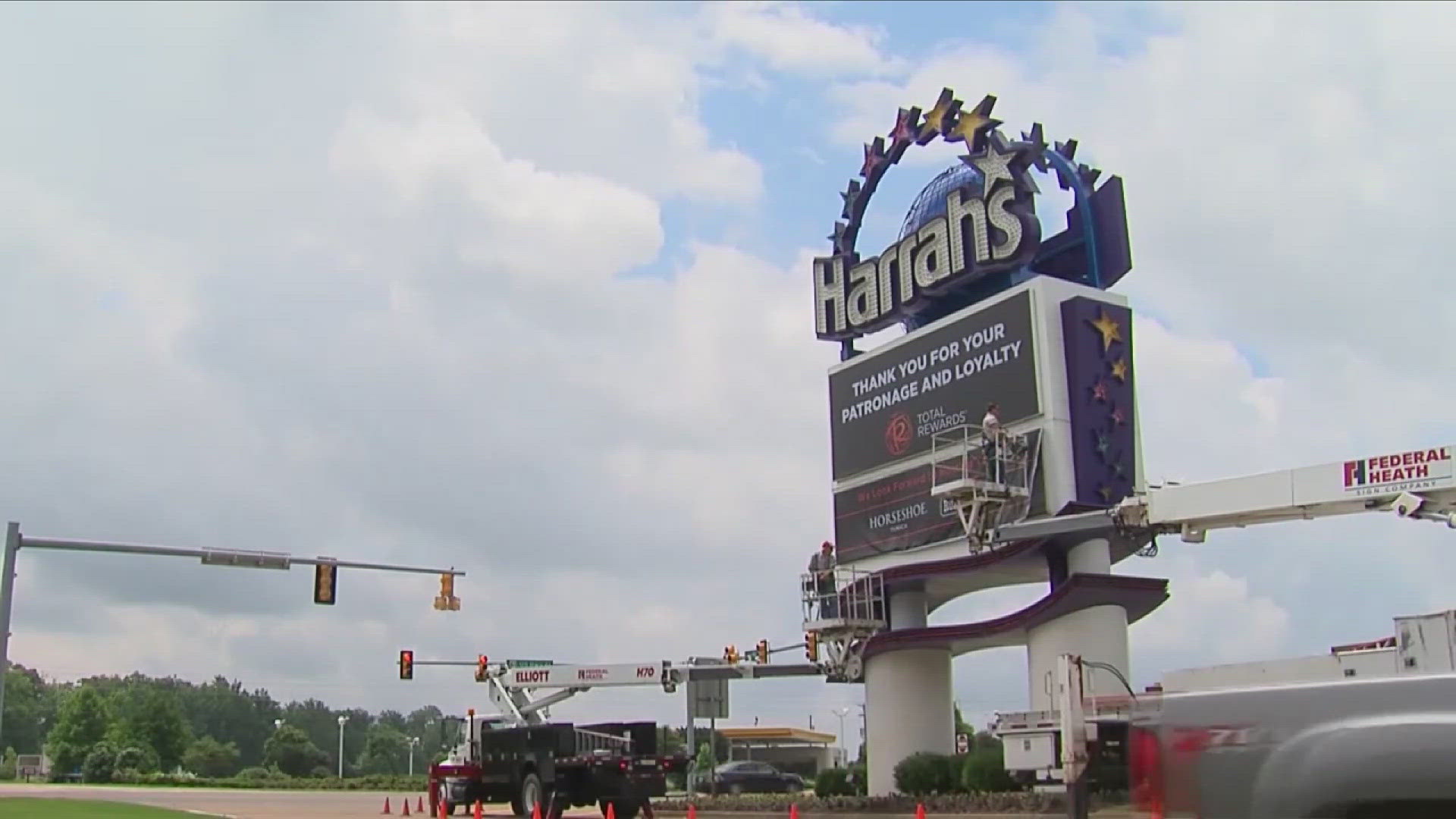A proposal to repurpose two former casino hotels in northwest Mississippi to house unaccompanied migrant children has ignited controversy and opposition from local officials, including the county sheriff. The hotels, part of the former Harrah’s casino complex that closed in 2014, would potentially accommodate up to 2,000 children and teens if the plan moves forward.

Concerns and Resistance
Reports from local news outlets indicate that Tunica County supervisors met to discuss the project in an executive session, although they have not yet officially endorsed the plan. County Attorney John Keith Perry acknowledged the sensitivity of the issue, describing immigration as a hot-button topic. He mentioned that the current owners of the property are in discussions with a private entity interested in purchasing it, noting that the facility would need to meet federal regulations if it were to house immigrants aged 17 and younger.
Opposition to the Plan
Tunica County Sheriff K.C. Hamp voiced strong opposition to the plan, citing concerns about the county’s limited resources. He emphasized that Tunica County lacks essential services such as a local hospital, which could pose challenges in providing adequate care for immigrants, particularly in emergencies. Sheriff Hamp expressed the need for migrant children to be taken to neighboring communities for necessary healthcare and child protective services.
Community and Political Opposition
State Representative Cedric Burnett, a Democrat representing the area, also opposes the plan, advocating instead for the redevelopment of the complex to enhance tourism and gambling in Tunica County. He argued that the location should be utilized to complement the gaming industry, which is vital to the local economy and tourism sector. Burnett suggested that the benefits of using the hotels to house migrants would primarily benefit the current property owners and the operators of the facility, rather than the broader community.
History of Harrah’s and Economic Context
Harrah’s, originally opened in 1996 as the Grand Casino, was a major establishment in Tunica County, boasting 1,356 hotel rooms spread across three buildings. Despite its grand scale, the casino eventually closed, and the complex has struggled to find viable redevelopment options since then. Tunica County’s casino market has faced a decline over the past decade, losing its status as the primary gambling destination in the region to newer casinos in neighboring states like Arkansas.
The economic impact of the decline in Tunica’s casino industry has been significant, affecting local employment and tourism revenue. The emergence of competing casinos in nearby states has diverted patrons away from Tunica, further complicating efforts to revitalize the area’s economy.

The proposal to repurpose the former casino hotels in Tunica County to house migrant children has sparked a contentious debate. While proponents argue that it could provide a viable use for the property and help address the needs of unaccompanied minors, local officials and community leaders are concerned about the county’s ability to support such a facility given its current infrastructure limitations. The future of the proposal remains uncertain pending further discussions and potential community input.
